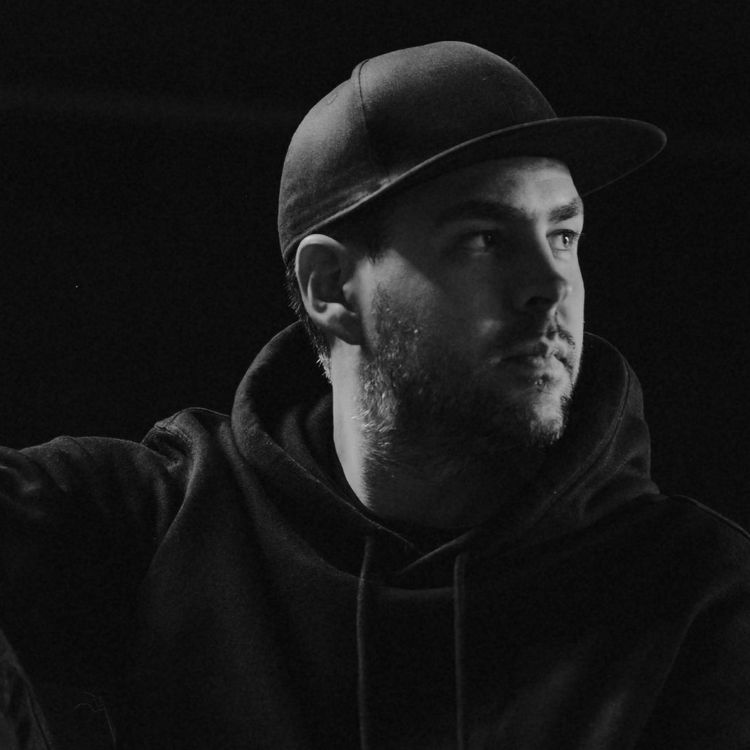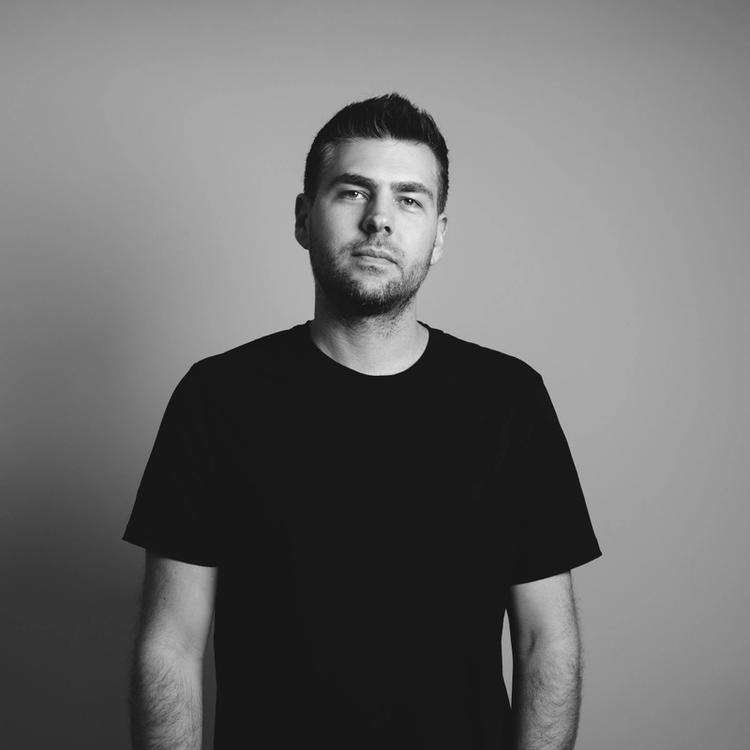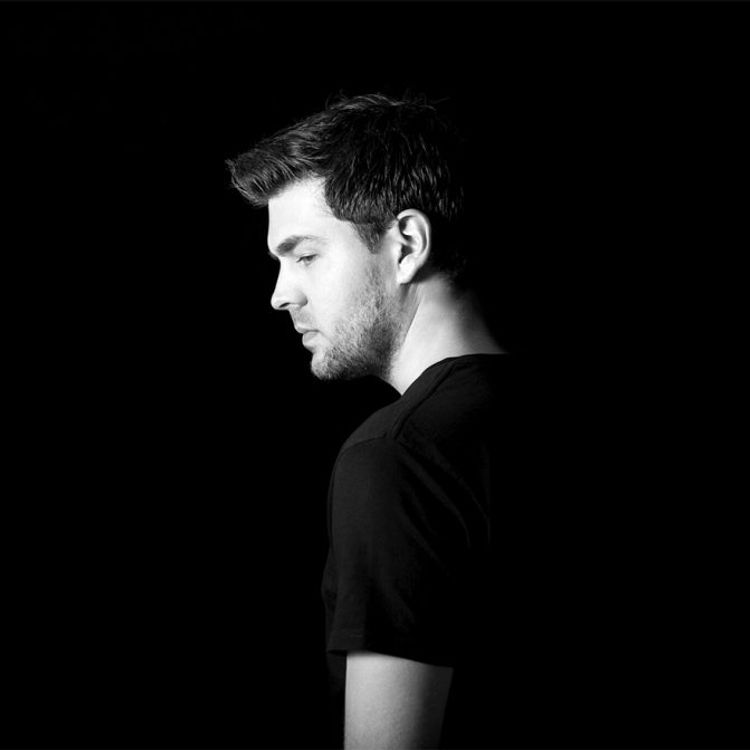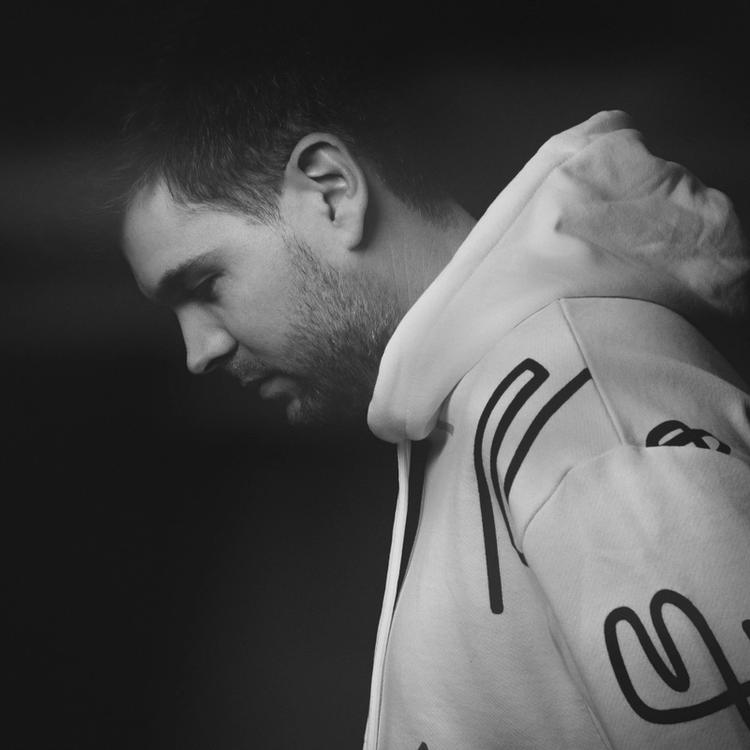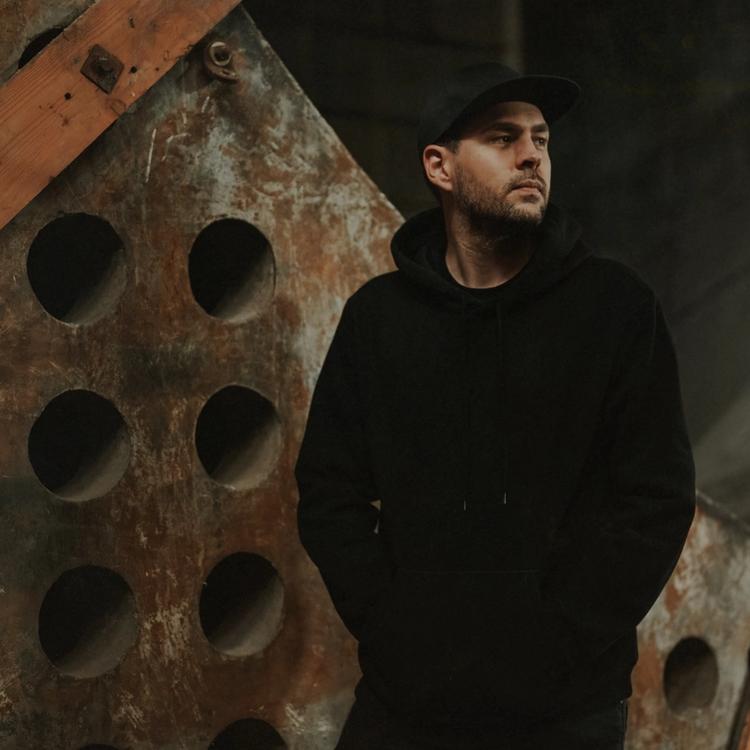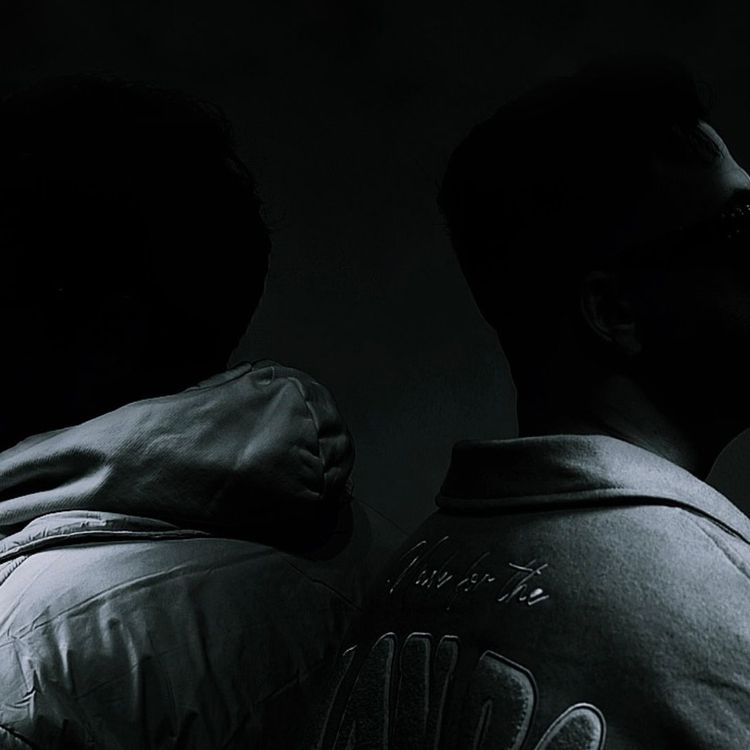How Kyle Watson Became Part of a Lineage of Incredible House Music Artists
There’s no shortage of great South African house music DJs. From Black Coffee to Shimza, the southernmost country of the African continent overflows the sound of house, particularly when it comes to amapiano. But why, when so many countries have relegated their house heyday, is this the case?
According to legendary electronic music artist Oskido, this is due to its political roots. When liberation came for the country in 1994, township taverns swiveled from playing protest music to platforming house music from Chicago. Vocals were then layered on top of this, which spoke to the challenges of a new life for South Africans. It then spread across the country, becoming known as Kwaito, evolving as it moved to take on multiple forms, such as bass-heavy gqom in the seaside area of Durban.
Fast-forward 20 years, and the movement is still going strong. One artist to recently emerge: Kyle Watson. Now an industry trendsetter, he didn’t quite fit in when he was coming up. While he loved playing gigs in the South African house scene, his particular brand of tech-house was divergent from the deep house and Afrohouse that was, and still is, en vogue.
This was potentially due to his range of influences. From a young age, Watson took piano lessons and studied music at school. It wasn’t until his father came home with some music production software and he started messing around with 4/4 house loops that he became obsessed with the genre. However, this didn’t stop him from listening to other music. “I listened to a lot of music from the UK and the US, like metal, drum and bass, and electronica,” explains Kyle tells Grey Area. “All of those genres, I think, have contributed to my sound in some way.”
When it came to properly pinning down his sound, Kyle took inspiration from overseas producers, particularly those in the UK. From 2007-2012 Kyle experimented, creating a lot of music he would describe as “hit-and-miss.”
However, by 2013 Watson started to understand himself creatively, and in 2014 he made it onto the Seven Days of Dirtybird compilation with his solo single “The Clock.”
“It was a massive boost to my confidence,” he explains. “Especially as there was no previous relationship. I sent them a demo, and thankfully they liked it. It was an important moment in my career because it helped introduce my music to the US market.”
Since then, he’s moved from strength to strength, his 2018 album Into the Morning awarding him further acclaim while his dance-heavy releases like “Dominoes” on Gorgon City’s REALM Records and “Let’s Go Dancing” with Mindchatter securing his spot in house music’s hall of fame.
Even though he’s moved to the UK, there’s no doubt that Kyle will be looked at in history as part of the reason that South Africa’s house scene is so remarkable and so enduring.


